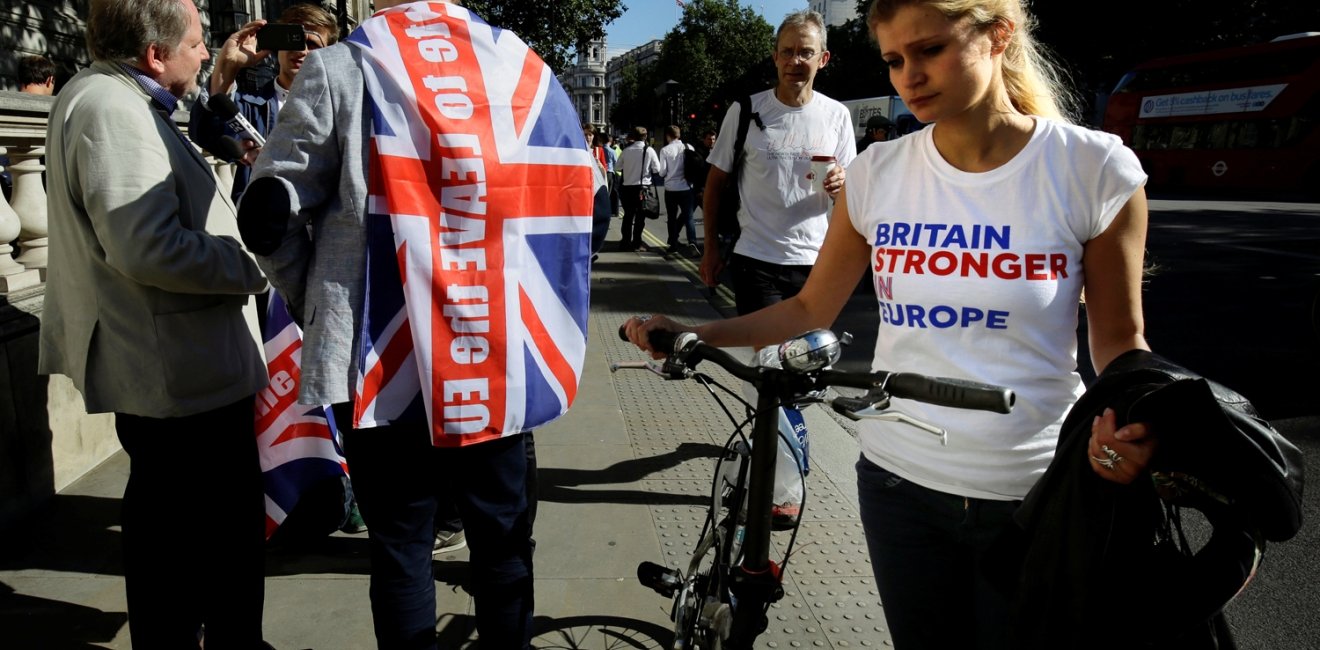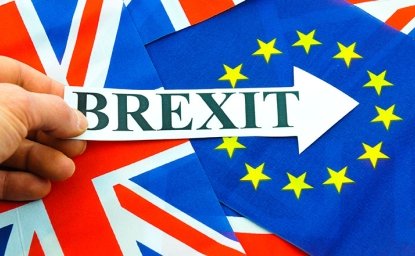What next for the European Union after Thursday's British vote to leave? After statements to reassure financial markets, European leaders will gather on June 28 - 29 for a summit meeting to discuss the Union’s response and the way forward. This is a decisive moment for the remaining 27 leaders who seek to produce consensus amidst widely different responses to BREXIT.
The punitive cohorts among German and French officials are wary of contagion spreading to anti-EU politicians in France, Holland, Denmark, Austria, Poland and Hungary. They are determined to send a sharp and punitive response to show that divorce will be costly to the UK. They see a significant risk to the European project itself if the consequences of exit are not asserted. For them, BREXIT must not be viewed as a success. But who should deliver that punitive message, European governments or businesses?
For other officials, including many Germans, the punitive approach risks aggravating the divisions that already exist among the 27 members. For them, unity is more important. Jean-Claude Juncker, the president of the European Commission and Mario Draghi, the governor of the European Central Bank view BREXIT as a crisis demanding closer unity and Eurozone solidarity. For Donald Tusk, the president of the European Council and Jeroen Dijsselbloem, Chair of the Eurogroups’ Finance Ministers, closer integration, at this time, risks alienating the many Eurosceptics. In the midst of anemic economic growth in much of the Eurozone, demand for greater solidarity - read further austerity -could alienate large sections of Europeans.
The dilemma for the unity cohort is what should they unite upon? Greater centralization of fiscal authority risks aggravating the Eurosceptics and stronger financial backstops provoke protest from private bankers.
A way out of this conundrum is to focus on two new areas of cooperation: internal/external security, and a common economic and military policy in the Mediterranean. Both these areas would include Britain, as well as EU nations who remain outside the Eurozone.
Intelligence sharing already exists with the UK, but not with all of the EU members. There is a reluctance to share both on privacy grounds and fears of leakage, but the presence of refugees and migrants from countries in violent turmoil demands that new regimes of intelligence and counter-intelligence be strengthened. Britain can continue to play a role here.
A ‘Union for the Mediterranean’ to promote stability and prosperity between the EU and 15 nations in North Africa, Middle East and the Balkans has existed since 2008, but the ‘UfM’ has a long way to go before it can be considered a comprehensive plan to reinforce European-Mediterranean partnership. Given the significant flow of migrants from North Africa into Italy and possibly Spain, the UK has a national interest in containing this flow. With the British overseas territory of Gibraltar now obliged to leave the EU, despite their citizens overwhelming vote to remain, London must also consider how it wishes to participate in any European plan for the Mediterranean.
These new areas of cooperation provide the British with good reasons to stick together with the European Commission on some key issues without fiddling over European regulations on abattoirs and European court decisions on press freedoms.
The opinions expressed here are solely those of the author.






